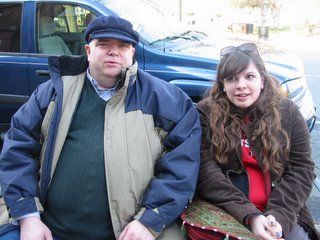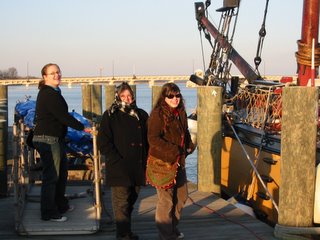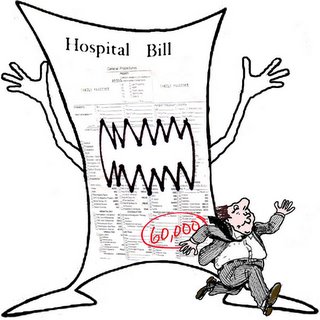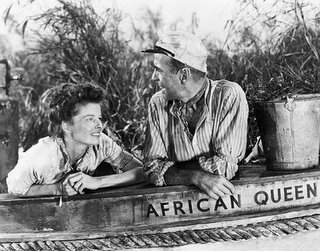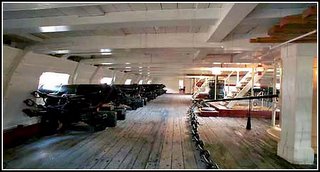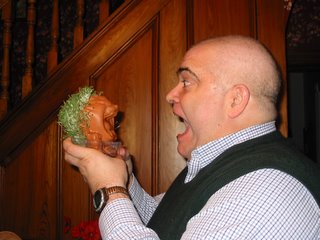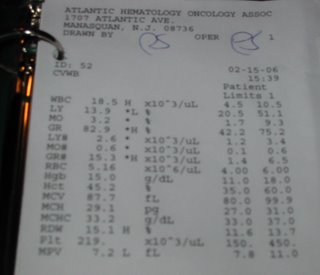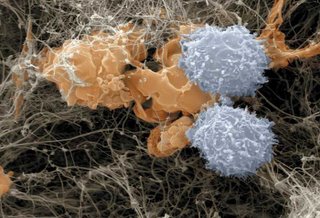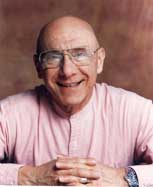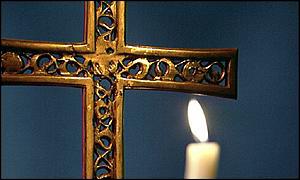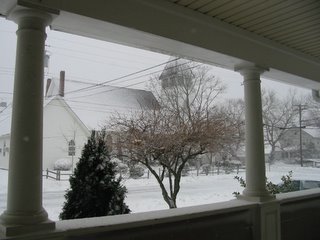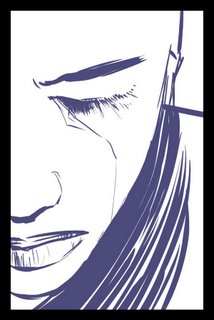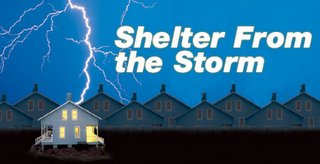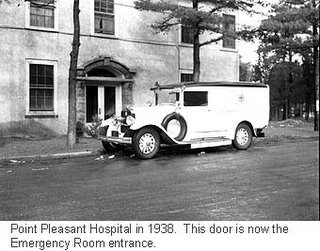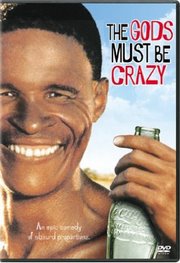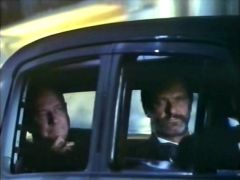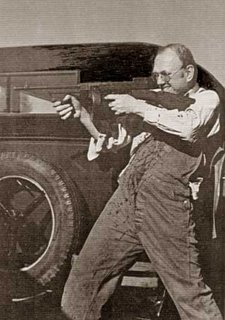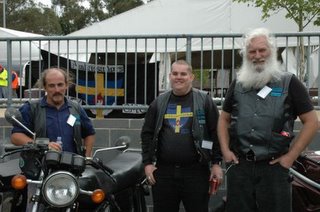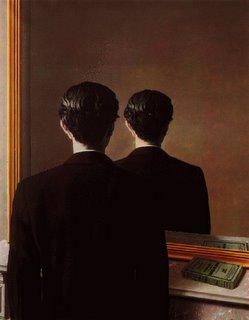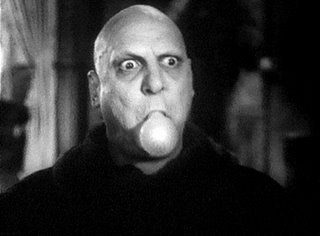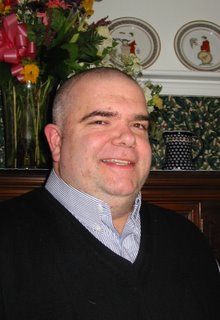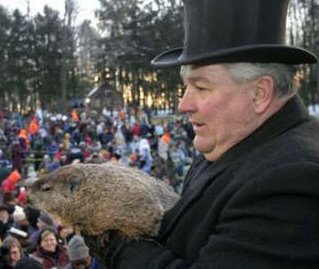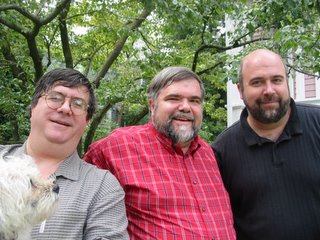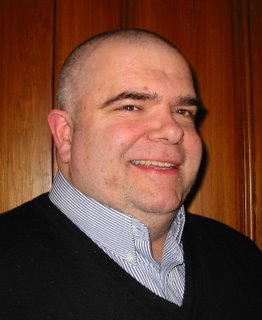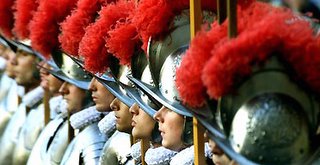
Another vivid pre-chemo dream this morning, as I awake. I’m at some kind of formal banquet. My job is to dress up in a fancy uniform, rather like those worn by the Swiss Guard at the Vatican (although the colors of the costume in my dream are different). My job is to stand at the door as people arrive. For some reason, it’s very important to the banquet-guests that there be someone like me at this event, decked out in this authentic medieval outfit.
The colors of my uniform are blue and white – which, as I reflect later, just so happen to be the colors of the doctoral gown of the University of St. Andrews, where I got my Ph.D. I’ve never sprung for one of those costly academic gowns, because I haven’t worked as a full-time college or seminary professor or administrator since getting my degree. I’ve continued in pastoral ministry, and have only done some very part-time teaching at New Brunswick Theological Seminary.
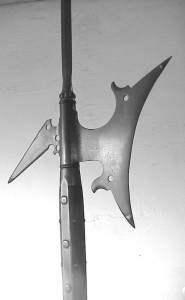 Previously in my dream, I’ve been fitted for these fancy duds, which have been supplied by a costume shop. They’ve been delivered to the banquet hall ahead of time, in a series of special suitcases that resemble musical-instrument cases. One boxy-looking one contains the helmet I’m to wear on my head. Another is about six or seven feet long, in order to accommodate the halberd I’m supposed to hold (a halberd is a medieval weapon that’s a cross between a spear and an axe).
Previously in my dream, I’ve been fitted for these fancy duds, which have been supplied by a costume shop. They’ve been delivered to the banquet hall ahead of time, in a series of special suitcases that resemble musical-instrument cases. One boxy-looking one contains the helmet I’m to wear on my head. Another is about six or seven feet long, in order to accommodate the halberd I’m supposed to hold (a halberd is a medieval weapon that’s a cross between a spear and an axe).The only problem is, there’s a lot of confusion and fumbling around in the minutes before the banquet guests start to arrive, and there’s some real doubt that I’ll be able to get into my costume on time. Various pieces of the costume have gone missing, and people keep showing up to borrow this or that item without permission. I have to do a fair bit of running around, to find these people and get the pieces of the costume back. One particular problem is the halberd. The only one I can find, inside the long case the costume people have supplied, is very authentic-looking, but is only the size of a letter-opener. I’ll look ridiculous standing there and holding that (I can only imagine what Freud would say about that particular symbol). I wake up before the problem gets resolved.
The meaning of this dream seems pretty obvious. Tomorrow I go in for my third chemotherapy treatment, and afterwards I can look forward to a week or so of feeling sick and tired. (I’m getting pretty “sick and tired” of this chemo routine already, and I’ve only been through one-third of the treatments so far.) In colorful dream-logic, the medieval outfit may be related, somehow, to the pulpit robe I wear as a minister (another sort of uniform that’s centuries-old), or possibly an academic gown. Looking at what I've written, Claire points out to me that the meaning is probably larger than my professional life: it reflects my difficulties in getting through the garden-variety demands of life in general, as a cancer patient.
She suggests this scripture passage as particularly applicable:
“Therefore take up the whole armor of God, so that you may be able to withstand on that evil day, and having done everything, to stand firm. Stand therefore, and fasten the belt of truth around your waist, and put on the breastplate of righteousness. As shoes for your feet put on whatever will make you ready to proclaim the gospel of peace. With all of these, take the shield of faith, with which you will be able to quench all the flaming arrows of the evil one. Take the helmet of salvation, and the sword of the Spirit, which is the word of God.” (Ephesians 6:13-17)
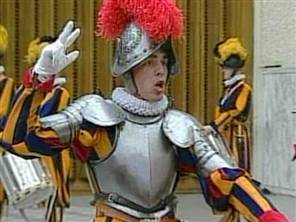 I don’t suppose too many other people have dreams about medieval ecclesiastical uniforms, but there’s all manner of historical trivia rattling around in this over-educated brain of mine. Some of it isn’t good for much else besides dream-fodder. I don’t think there’s any coherent message in the dream: just an expression of the complex feelings that go along with the treatments I’m receiving. But that’s one thing dreams are good for. They’re a way in which the sleeping mind can quietly go to work on solving life’s problems.
I don’t suppose too many other people have dreams about medieval ecclesiastical uniforms, but there’s all manner of historical trivia rattling around in this over-educated brain of mine. Some of it isn’t good for much else besides dream-fodder. I don’t think there’s any coherent message in the dream: just an expression of the complex feelings that go along with the treatments I’m receiving. But that’s one thing dreams are good for. They’re a way in which the sleeping mind can quietly go to work on solving life’s problems.
